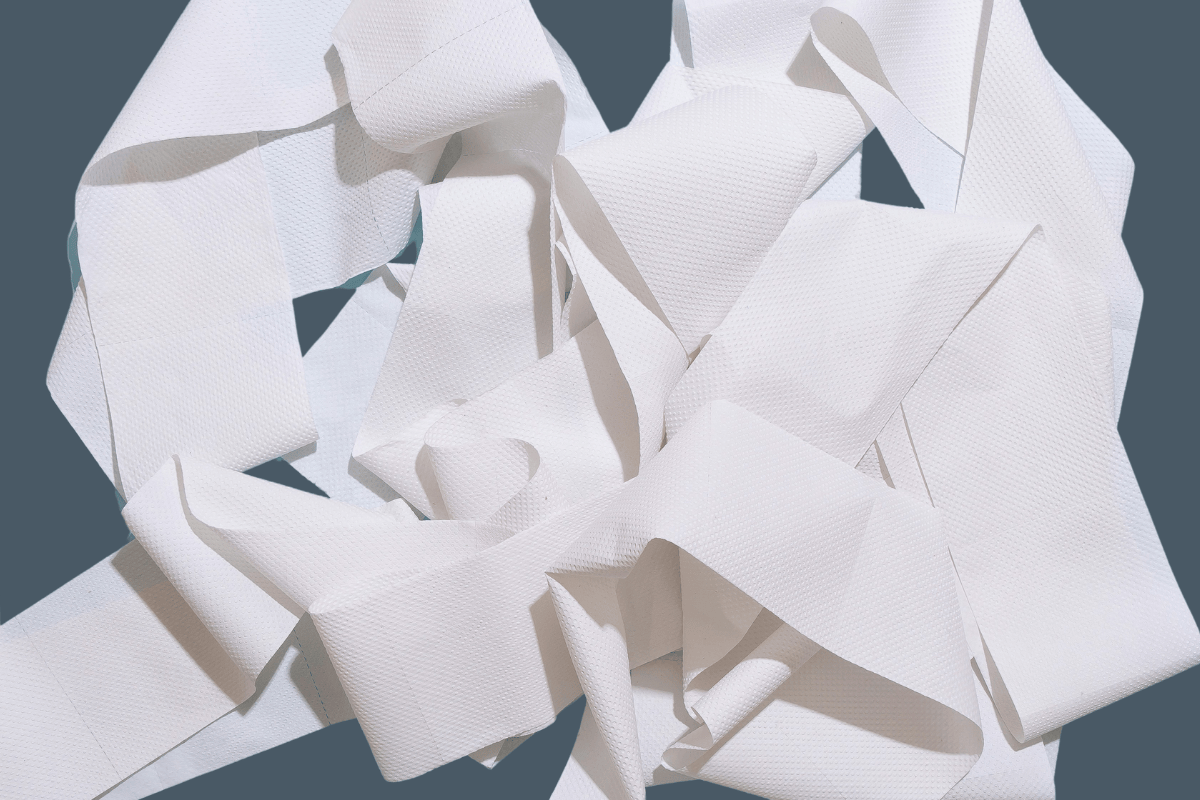Did you know that while 90% of us are in the swing of recycling our kitchen waste, only 60% of us are sticking to this habit in the bathroom?
When you’re trying to form more sustainable habits, you can make the process easier by breaking down your daily routine into small, manageable chunks. A good way of doing this is by making sustainable swaps one room at a time – starting with your bathroom. This will help you to avoid feeling overwhelmed by too much change too soon, and form habits that actually stick instead.
Here are some sustainable bathroom swaps to help kickstart your journey to a greener home:
Homemade toothpaste
Up until microbeads were banned in 2018, a lot of toothpastes on the market were filled with small pieces of plastics that would enter the environment through our waterways. Since the microbeads ban, it may seem that your usual toothpaste brand is a sustainable option – but have you thought about the packaging it comes in? Toothpaste tubes are difficult to recycle because they’re often made from a mix of different materials and are difficult to clean. In fact, 1 billion toothpaste tubes end up in landfill every single year in the US alone.
Instead of using a tube of store-bought toothpaste every two weeks, try this homemade recipe for toothpaste that creates zero waste. This is also a great money-saving hack!
A bar of soap
While the bottles that contain liquid soap are often recyclable, unfortunately the pump lids are not. A bar of soap is just as effective at keeping you clean as liquid soap or body wash in a plastic bottle. This easy sustainable swap will help you to minimise plastic packaging in your bathroom without compromising on hygiene. If you’re not quite there yet with the homemade toothpaste, start small by taking your soap back to basics – solid and plastic packaging free.
If you’d still prefer to use liquid soap, we recommend buying and reusing one bottle and pump, topping them up them using bulk refill bottles of soap. This will still help you towards the goal of reducing your bathroom plastic waste, but in a way that suits your preferences.
Plastic free period products
It’s estimated that each person with a period will use over 10,000 disposable period products in their lifetime. If you’re using conventional period products, each of those will outlive you because they’re filled with plastic. In fact, a single pack of pads contains the equivalent to five plastic bags.
By swapping out your usual brand for plastic free period products, not only are you hugely reducing your plastic waste each month, you’re also choosing organic products that are produced more sustainably. This means that the production and disposal of your period products won’t leave a negative impact on the planet.
Tree free toilet paper
The trees that most toilet paper comes from typically take between 25 and 40 years to mature, and once harvested, don’t always regrow naturally – meaning new trees will need to be planted in their place. In contrast, bamboo takes around 3-5 years to reach maturity, and can be re-harvested year on year for up to 70 years. What’s more, bamboo doesn’t have natural pests, so can be easily grown without the use of pesticides. Try switching out your regular toilet paper for an alternative made from bamboo pulp to reduce the environmental impact of your bathroom routine.
Biodegradable makeup wipes

Have you started making your home more sustainable one room at a time? Tell us your best green swaps in the comments.
Natracare started in 1989 when founder, Susie Hewson, created the world’s first 100% organic cotton tampon. Since then, Natracare has been designing and producing products that are kind to our bodies and the planet. Natracare products are plastic free, biodegradable, and compostable, just the way they should be!




